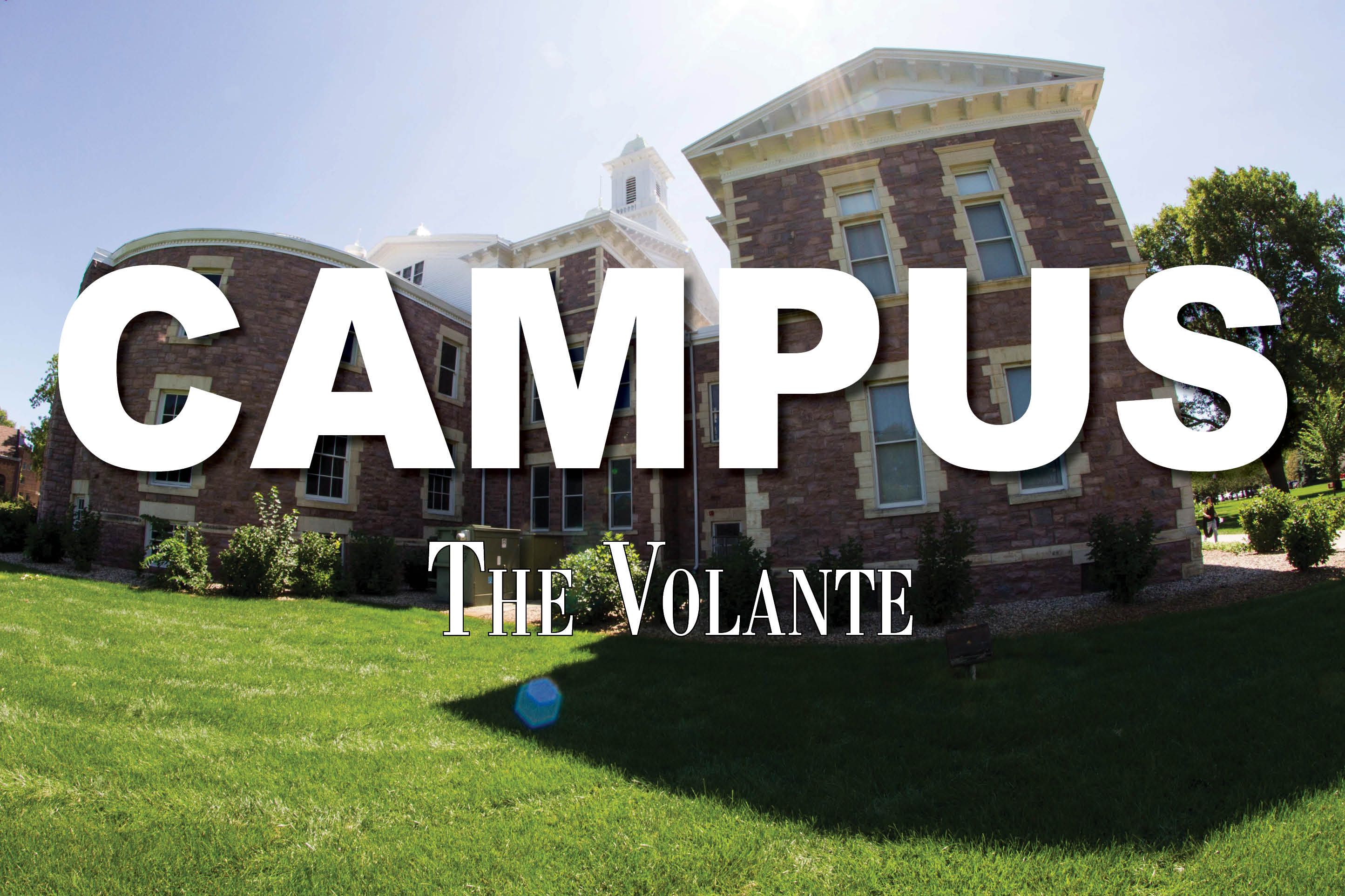
Discussion groups target privilege, aim to make change
The Office for Diversity is hosting a series of discussion groups called “Talking Change, Making Change,” allowing students to explore the topic of privilege.
“Talking Change, Making Change” is the second generation of Voices of Discovery, and will contain the same elements of discussion about diversity. However, this new pilot program will conclude with community action and engagement.
Each discussion group has the freedom to choose which privilege they would like to focus on, such as white privilege, heterosexual privilege or able-bodied privilege.
Lamont Sellers, the associate vice president for diversity and director of this second year’s installment of “Talking Change, Making Change,” said the topic will help students learn more about themselves.
“They’re talking about things that we don’t usually have conversations about. Privilege isn’t a usual dinner conversation,” Sellers said. “It really is learning about yourself and learning about the privilege that we all have in some way, shape or form.
buy augmentin online https://www.conci.com/wp-content/languages/new/online/augmentin.html no prescription
”
Discussion with action
“Talking Change, Making Change” will consist of five discussion groups, each with a maximum of ten undergraduate students and two graduate assistant facilitators. The groups will meet once a week for six weeks; the first four weeks will be discussion, and the last two weeks will be planning an action the group can take in the community. At the end of the program, the five groups will gather together to present their ideas and thoughts.
Layani Makwinja, a discussion group facilitator and the graduate assistant for the office of diversity, is also an international student from Botswana. She said she’s excited to see if USD is heading in the right direction regarding diversity.
“I have come into a world that is completely different from my world,” Makwinja said. “The American platform allows us to have these conversations, and it opens the door to get educated and to bring in other perspectives and to understand people.”
Discussion group facilitators were chosen by Sellers and completed training in conflict resolution and conflict management. The facilitators’ purpose is to help students engage in conversation.
Makwinja said USD students can be scared to talk about diversity because they are scared of offending others.
“It’s hard to get that conversation out,” Makwinja said. “As a facilitator, it will be my job to pull them out and to get them to talk and to be as expressive as possible.”
Makwinja said she hopes her group can make an impact at not only USD and Vermillion, but also the real world.
“We have to make sure when our students leave USD, they leave with a more broad perspective of what life really is,” Makwinja said. “If you’re going to leave here still thinking in a non-diverse way, then we have a couple of problems in society. We are just breathing the same product over and over again without actually creating any change.”
Because the “Talking Change, Making Change” program helps students develop group dialogue and critical thinking skills, some professors have chosen to integrate it into their coursework or offer it as an extra credit opportunity.
Richard Braunstein, a political science professor and the coordinator for “Talking Change, Making Change,” said he’s offering extra credit to students who participate in the program.
“Faculty are the bridge between university programming and student engagement,” Braunstein said.
Braunstein said the discussion group component is a way to educate the students before they develop their action ideas.
“The more we know, the more we can do,” Braunstein said.
Although “Talking Change, Making Change” is a pilot program in its first year, Sellers said the Office for Diversity hopes to expand the program in coming years, hopefully growing to twelve to fifteen discussion groups.
Meetings for “Talking Change, Making Change” began on Monday.

